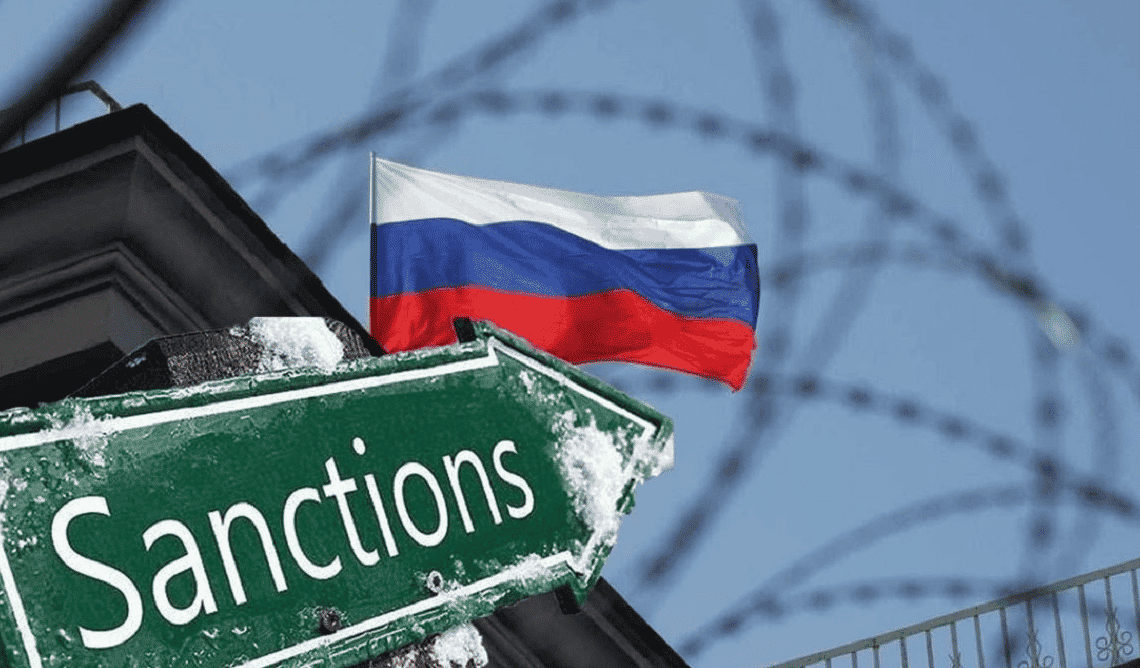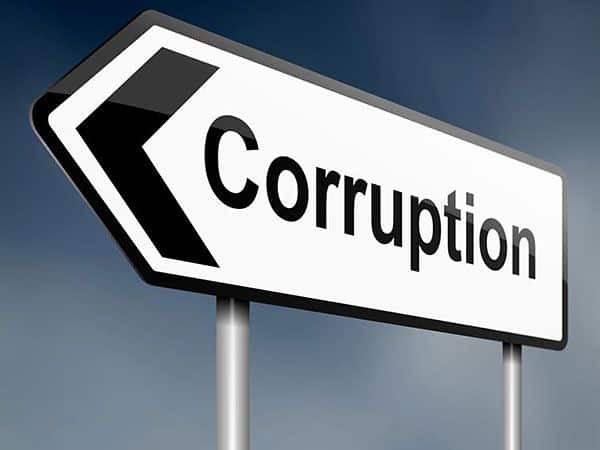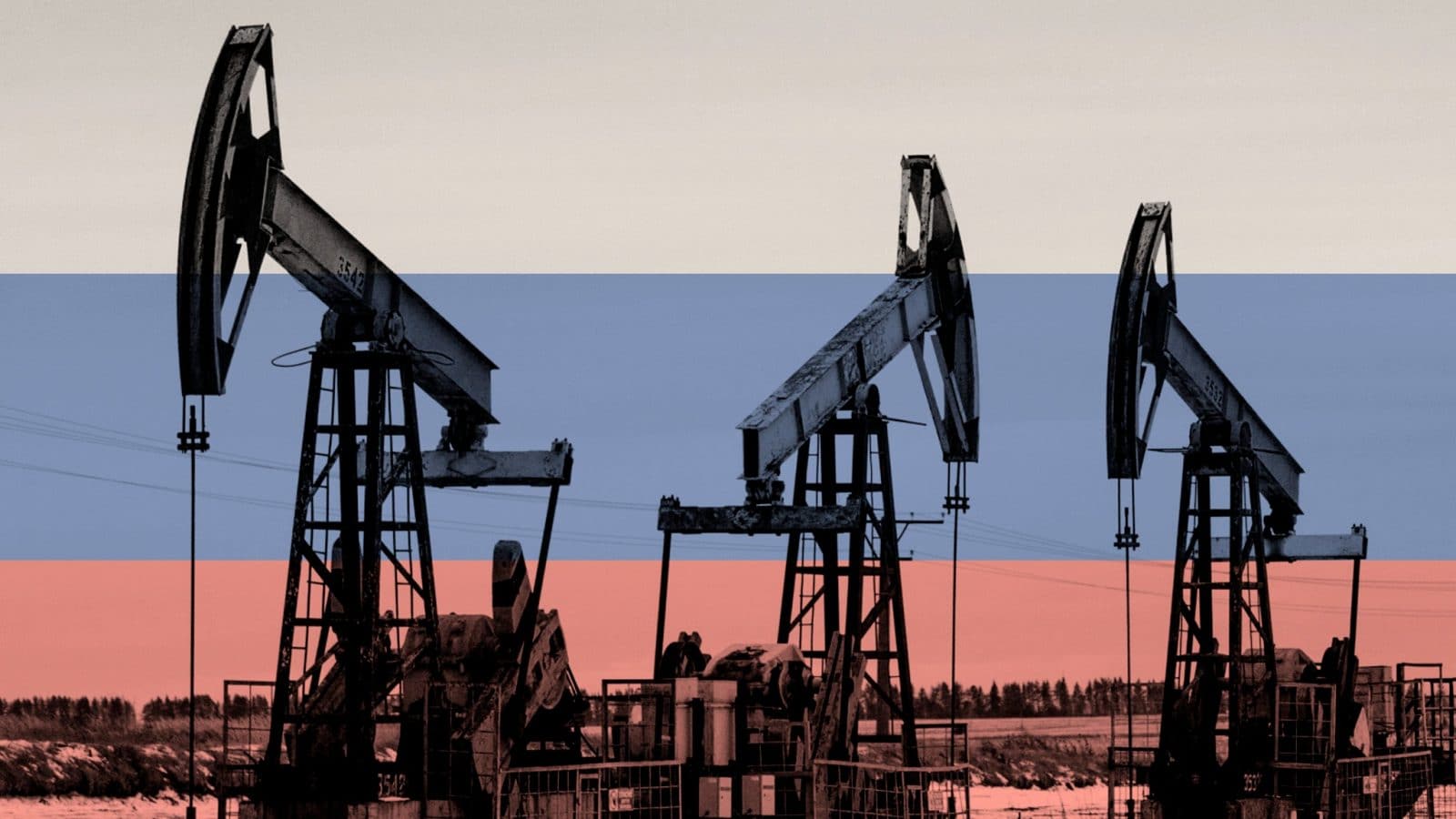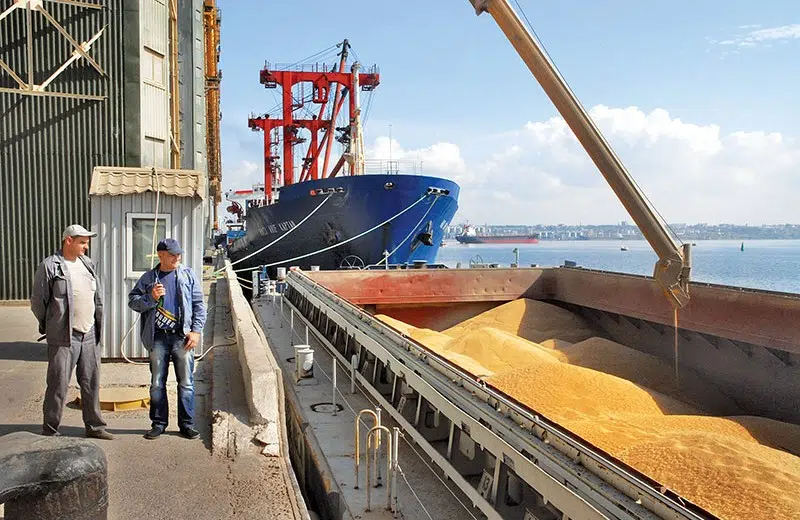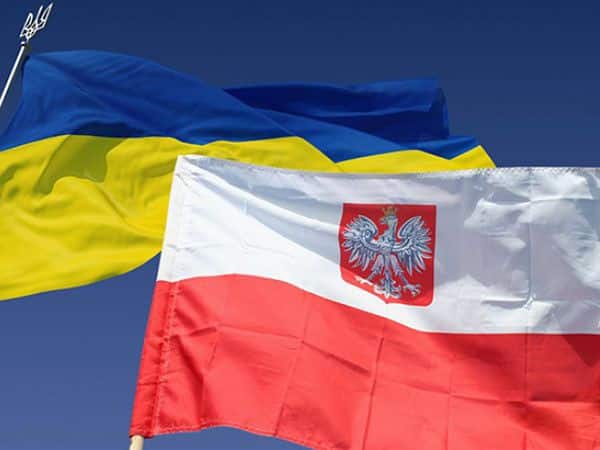Table of Contents
Uaposition memo: Since the beginning of the full-scale Russian aggression in February 2022, Ukraine has been implementing a ban on the departure of men aged from 18 to 60, disabled persons and parents with many children. All men aged 18-60 are subject to mandatory general mobilization into the Armed Forces of Ukraine.
Since the beginning of the full-scale war, up to 7 million Ukrainians have left abroad. Motivating them to return with money and new job vacancies is unlikely to succeed. In Poland, one can earn a minimum of 850 euros per month, and in Germany — 2 thousand. To bring back and retain Ukrainians at home, the country needs economic growth. Grants for recovery alone will not be enough; an additional 4.5 million labor force needs to be attracted, according to analysts.
Vadym Denysenko, the head of the Ukrainian Institute of the Future, suggested not allowing men to leave Ukraine even after victory for three years; otherwise, Ukrainians won’t survive as a nation. According to his calculations, up to 7 million Ukrainians are abroad, and only half of them will return, at best. And if men are allowed to leave immediately after the victory, Ukraine could lose another 1 million citizens.
“Ukraine will not provide comprehensive measures for the return of Ukrainians. Countries in Central Europe are doing everything to make Ukrainians stay in them,” Vadym Denysenko said on the air of TSN (media outlet) in the morning.
This proposal by Denysenko caused a public resonance. Both military and civilians managed to criticize his idea. The head of the Center for UAV Operators Training Kruk, Viktor Taran, directly stated that the Ukrainian Institute of the Future is bringing back the USSR, and everyone’s foreign passports can be taken away immediately.
Ban on men leaving Ukraine after the war: what is being said in the Ukrainian Parliament?
New post-war restrictions for Ukrainian men will generate additional negativity in society and negatively impact the country’s economy, believes Vitaliy Bezgin, a member of the Servant of the People parliamentary faction and a member of the Committee on the Organization of State Power, Local Self-Government, Regional Development, and Urban Planning.
The politician stated that he wouldn’t vote for a similar bill. All restrictions on rights and freedoms introduced during wartime should be removed after victory over the aggressor, he explained his position to Focus (media outlet).
“Demographic issues in Ukraine existed before the full-scale invasion by Russia. Migration from the East to the West is natural for any European country. Russia accelerated these processes, and the longer the war lasts, the more strongly Ukrainians who have emigrated integrate into the social and political life of EU countries,” Bezgin stated.
To bring back those who left for the West, Ukraine needs to become a point of economic growth. According to the lawmaker, this can be achieved through an influx of investments from the EU and the US during the post-war recovery period.
“In Ukraine, they pay 170 euros, while in Germany, it’s a minimum of 2,000 euros”
Ukraine is unlikely to entice those who have left solely with money and new job vacancies. The minimum wage in the country doesn’t exceed 170 euros per month. In Poland, Ukrainians receive a minimum of 850 euros, and in Germany, it’s 2,000 euros, said Vasyl Voskoboinyk, the president of the All-Ukrainian Association of Companies for International Employment Companies, in an interview with Focus.
“The more stories we have about Aristov (former MP Yuriy Aristov, who became famous for his luxurious vacation in the Maldives during the war) and Kholodov (MP Andrii Kholodov, who hasn’t been seen in Ukraine since January of this year), the more people will contemplate the sense of returning to Ukraine. The government needs to develop a vision of the country we want to build after the war,” the expert noted.
The government’s hopes for post-war reconstruction and the influx of Western assistance are not a vision of Ukraine’s future, Voskoboinyk added.
“If large grants for recovery come here, the question arises: who will work here? In my estimation, every second person who left for Europe, Belarus, or Russia won’t return. After the war, one shouldn’t expect rapid economic growth. ‘Blue-collar workers’ (those working in physically demanding jobs) are needed for construction sites, infrastructure repairs, and enterprises. Even in 2023, our high school graduates are enrolling in economics, law, and accounting programs,” the association’s chairman revealed.
In order to achieve economic growth at a rate of 7-9%, Ukraine needs to attract 4.5 million labor force, as calculated by Voskoboinyk.
Focus previously reported that Vadym Denysenko’s idea of extending the ban on men’s travel abroad for at least 3 years after the war’s end has elicited a negative reaction from Ukrainians. Any form of slavery is destructive, and the government should motivate people to stay, believes Viktor Taran, the head of the Center for UAV Operators Training Kruk.
The European Business Association previously stated the negative impact of mobilization on the labor market in Ukraine. In most regional companies, up to 20% of employees are in the Armed Forces.
Originally posted by Tymur Savin on Focus. Translated and edited by the UaPosition – Ukrainian news and analytics website
See also: Ukrainian actors: men from the screen who are now fighting against Russian aggression

